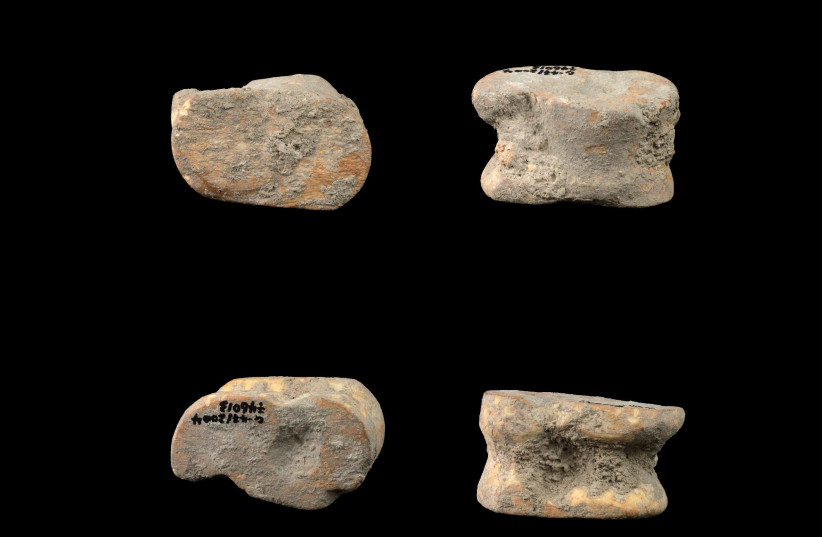Ever play a game of ancient Monopoly? Well, people who lived in Israel thousands of years ago might not have been playing the famous Hasbro game, but recent studies show that Canaanites were playing board games and that they were a part of life at the time.
In an article in Palestine Exploration Quarterly, scholars Shira Albaz, from the Department of Land of Israel Studies and Archaeology at Bar-Ilan University, and Haskel Greenfield, director of the Near Eastern and Biblical Archaeology Lab at the University of Manitoba, found evidence for gaming in the form of game boards and game pieces that were recovered in the excavations of the Early Bronze Age at Tell es-Safi in central Israel.
Located around 35 km. (22 miles) northwest of Hebron, between the Judean Foothills and the southern Coastal Plain, Tell es-Safi – also known as Gath – is prominently featured in the Bible in events taking place several centuries later, including as the city of origin of David’s giant foe, Goliath.
A previous study at the site found that 4,500 years ago, Canaanite residents of Gath ate figs, olives, wheat, barley, grapes and many other species that have been symbols of the Land of Israel from the time of the Bible to today.
According to a report on the Biblical Archeology Society website, digging at the site found game boards featuring the Canaanite game known as 30 Houses and another included a game called Senet, which was played in ancient Egypt, where it was used in cultic contexts.

One of the board games was double-sided. The report claims that the discovery proves they were made from readily available materials that were crafted locally and played throughout all levels of society.
